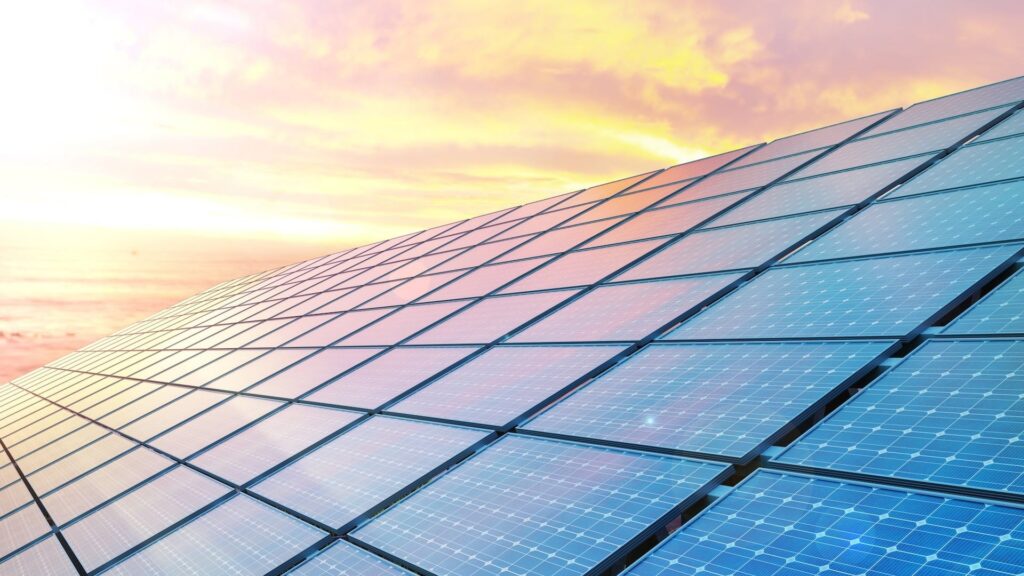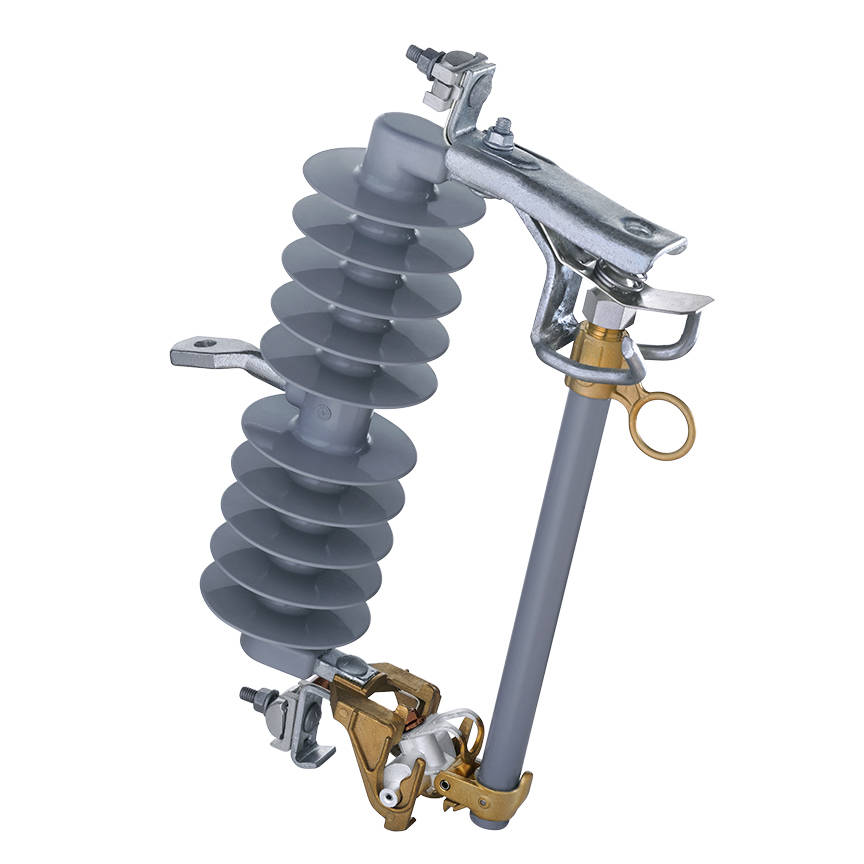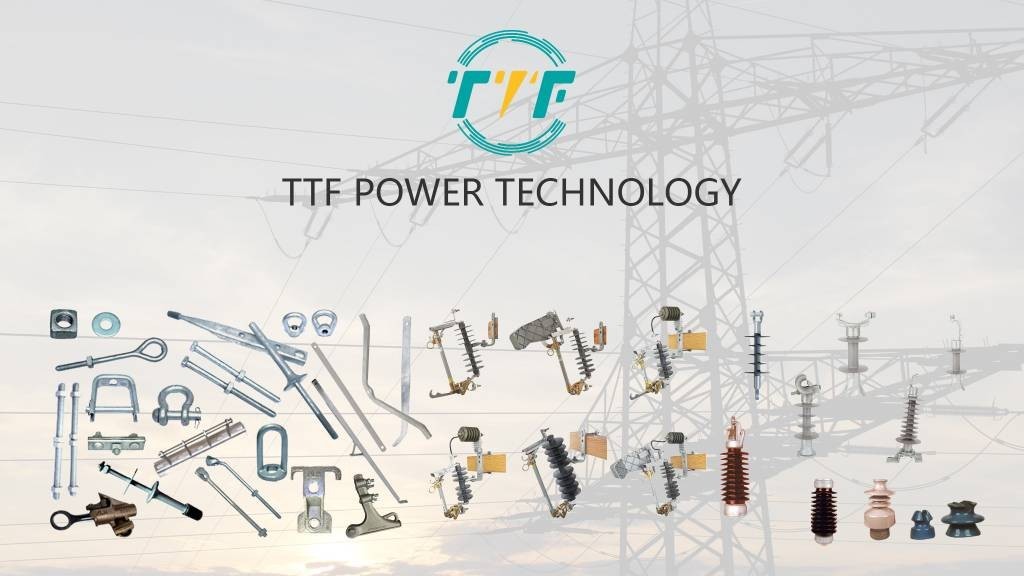
Brazil has abundant natural resources that promote solar power development. This is owing to the plenty of sunlight, particularly in locations such as the Atacama Desert and the Andes Mountains. Mato Grosso do Sul’s court of justice has invested in a solar park to show its dedication to sustainability and energy efficiency. Solar energy generation can help them lessen their reliance on the grid while also helping to clean up the environment. The solar park offsets the court’s electricity bills, resulting in significant cost savings. Solar energy can also assist reduce dependency on carbon footprints, resulting in a more sustainable future. The only barriers to this development are the costly initial investment, ongoing maintenance, and grid integration. A cutout fuse is also essential for solar panel installations to ensure safety during operation and maintenance.
A cutout fuse is an overcurrent protection device that isolates elements of a solar installation in the event of an electrical problem. Using cutoff fuses in Brazil’s solar parks helps to prevent downtime and outages. Excess solar power generated by the installations can be used to power the main electrical grid during peak production seasons. During low periods, the energy can be used to provide electricity to users. This essay will help you analyze the role of cutout fuses in solar power in supporting clean energy.
Purpose of cutout fuse in solar panel systems
Cutout fuses are an essential component in solar panel installations to maintain system integrity. They prevent overcurrent conditions, isolate faults, and preserve important components. Using cutout fuses in solar panels improves safety during maintenance. It also assures that the installations meet safety regulations. This makes them critical to the efficient and secure running of solar power systems. String fuses, combiner box fuses, and inline fuses are all common forms of cutout fuses seen in solar installations. The following are the purposes and importance of cutout fuses in solar panel systems.

- Overcurrent protection – solar panel installations are prone to overcurrent conditions due to short circuits or faults. A cutout fuse blows when the current exceeds a threshold to disconnect the faulty component from the circuit. They prevent damage to panels and inverters, which helps reduce the risk of fire due to excessive current.
- Isolating faulty circuits – cutout fuses isolate the faulty circuit while allowing the rest of the solar installations to continue in operation. This helps to maintain the functionality of the solar power systems to ensure energy production.
- Maintenance safety – the fuses provide an extra layer of safety by allowing electricians to safely isolate specific parts of the solar system. This essentially helps to reduce the risk of electric shocks.
- Protecting components downstream – solar installations include several critical components like inverters, charge controllers, and batteries. A cutout fuse helps to protect downstream components from power surges that could lead to irreparable damage.
- DC systems – solar power systems operate on direct current (DC), which needs specialized protection compared to AC. Cutout fuses help in interrupting the circuit safely to reduce the risk of electrical arcs.
Advantages of expanded solar panel installations in Brazil
Increased solar panel installations provide many economic, environmental, and social benefits. Brazil has favorable solar resources, which contribute to the extensive use of solar panels in the country. Embracing solar power in Brazil helps to achieve global climate targets while also improving the quality of living. At TTF Power, we are a one-stop-shop for utility pole hardware fittings, transmission line accessories and power line construction equipment. We provide our customers with the most extensive range of products in the industry, excellent value and knowledgeable service. The following are the advantages of expanded solar panel installation in Brazil.

- Energy independence and security – increased solar panel installations reduce Brazil’s dependency on fossil fuels and hydropower. This contributes to greater energy independence and security in the country. Solar power helps to reduce reliance on imported fossil fuels and mitigates the fluctuation of hydropower for stable energy supply.
- Environmental benefits and reduction in greenhouse gas emissions – solar power helps reduce greenhouse gas emissions. This is because it is a clean and renewable energy source. Brazil is committed to meeting its climate goals under the Paris Agreement.
- Economic growth and job creation – the solar energy sector is a major driver of economic growth and job creation in Brazil. The installations provide opportunities for skilled and unskilled labor. This is in sectors such as construction, installation, and maintenance of solar panels.
- Lower energy costs and increased affordability – increased solar panel installations have the potential to lower energy costs. Solar energy provides access to affordable electricity, especially in remote communities.
